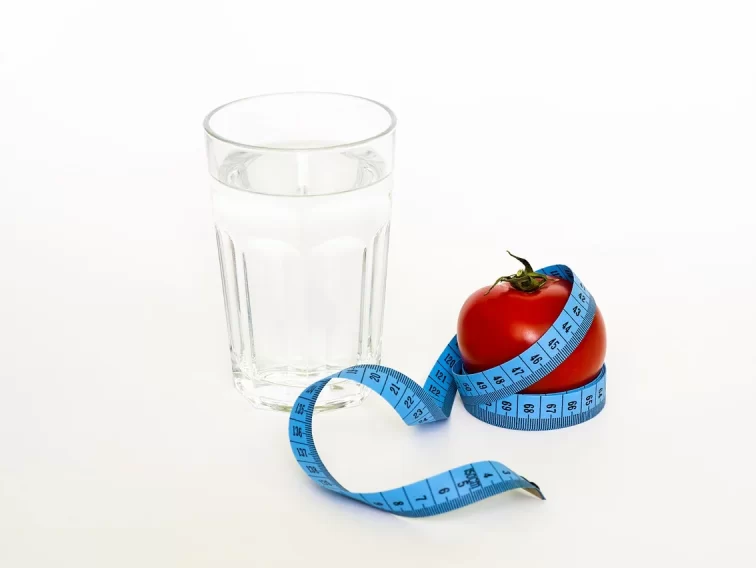Obesity is a chronic condition that’s difficult to manage. Sadly, this health problem increases one’s risk for multiple illnesses, and this includes type 2 diabetes. Diabetes Canada stated that about 80-90% of individuals with type 2 diabetes are currently overweight or obese. This is partially affected by the fact that intensive insulin therapy and some antihyperglycemic medications have a correlation with weight gain, thus further increasing one’s weight.
Though obesity is difficult to treat, it’s not impossible for you to achieve your ideal weight and manage your type 2 diabetes at the same time. You can start losing weight and improving your health through these tried and tested strategies:
Make exercise a part of your daily routine
Exercise is important for people with type 2 diabetes because it helps in lowering blood glucose levels and managing insulin sensitivity.
However, it’s understandable that regular physical activity can be difficult and sometimes even painful if you’re struggling with obesity. The key here is to find a physical activity that meets your budget, schedule, and preferences. For starters, you can download the 7 Minute Workout app so that you can insert quick exercise routines into your busy schedule. Senior citizens or those struggling with intense workouts can also download the Daily Yoga app for soothing exercises that can improve your strength as well as your mobility.
Align your nutritional plan to your health goals
If you’re struggling with both obesity and diabetes, you’ll need to eat meals that can keep your blood sugar and your weight at the right levels.
Given that diabetes is a chronic medical condition, it’s critical to follow the recommended weight loss plans on WeightWatchers so that you can hit your ideal weight in a healthy way. Unlike harmful fad or yo-yo diets, these diet plans are easy to follow and rewarding because they’re personalized based on your nutritional needs (and even your wants). You won’t need to worry about weight gain or any adverse health reactions because you’ll be making each meal with your health goals in mind.
Be mindful of the drinks that you consume
Unfortunately, meals aren’t the only culprits behind weight gain and high blood sugar levels.
Aside from paying attention to your food, you’ll also have to stay mindful of the calorie and sugar content of the drinks that you consume. Instead of drinking unhealthy beverages, our article on ‘How to Manage Your Blood Sugar by Changing Your Eating Habits’ recommends that you increase your water intake to improve your health status. Water assists the kidney in flushing out excess sugar, plus drinking more water can also lower your risk of high blood sugar levels. Of course, water also has no calories, making it a healthier alternative to soda or sweetened beverages.
Manage your progress through wearable devices
Finding it difficult to keep track of your weight, your meals, or your exercise progress?
A review conducted by researchers from the Université du Québec suggests managing your weight and your diabetes through machine learning and devices, such as smartwatches or smart scales. A study cited in the review showed that smartwatches can actually be integrated with sensors that can detect your blood glucose levels, on top of being able to monitor your heart rate and blood oxygen. Meanwhile, smart scales are able to calculate your body fat percentage and heart rate.
It’s not easy to shift to a healthier lifestyle. However, all your hard work will be worth it once you start losing weight and keeping control over your blood sugar levels.



